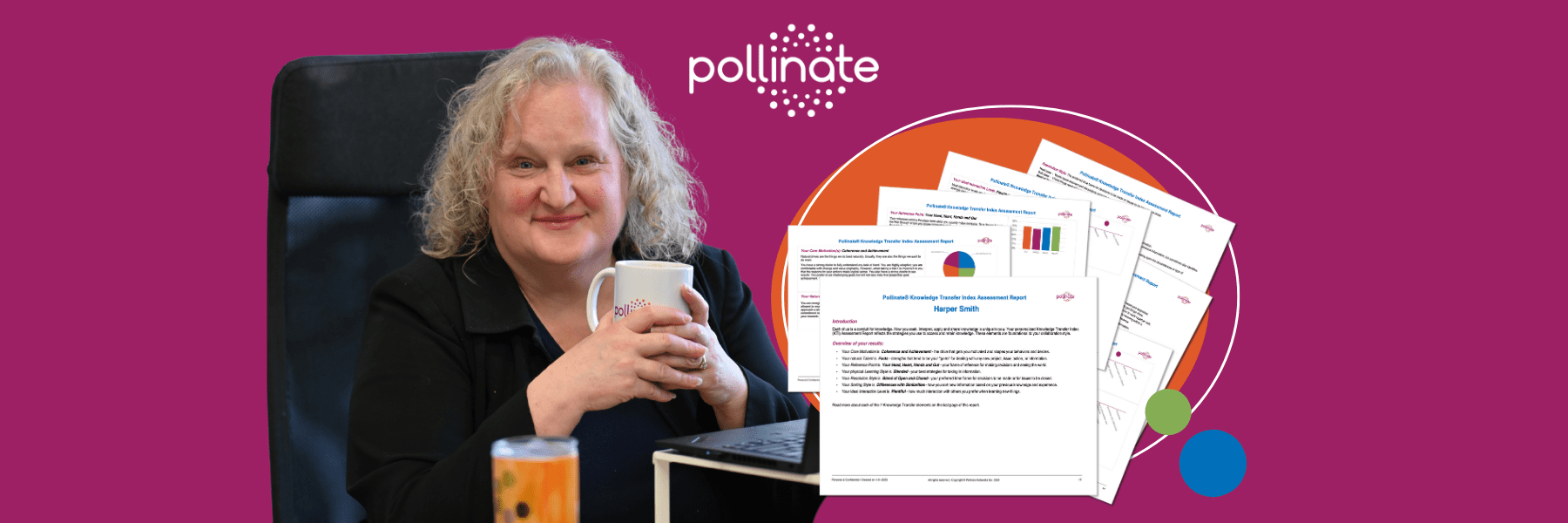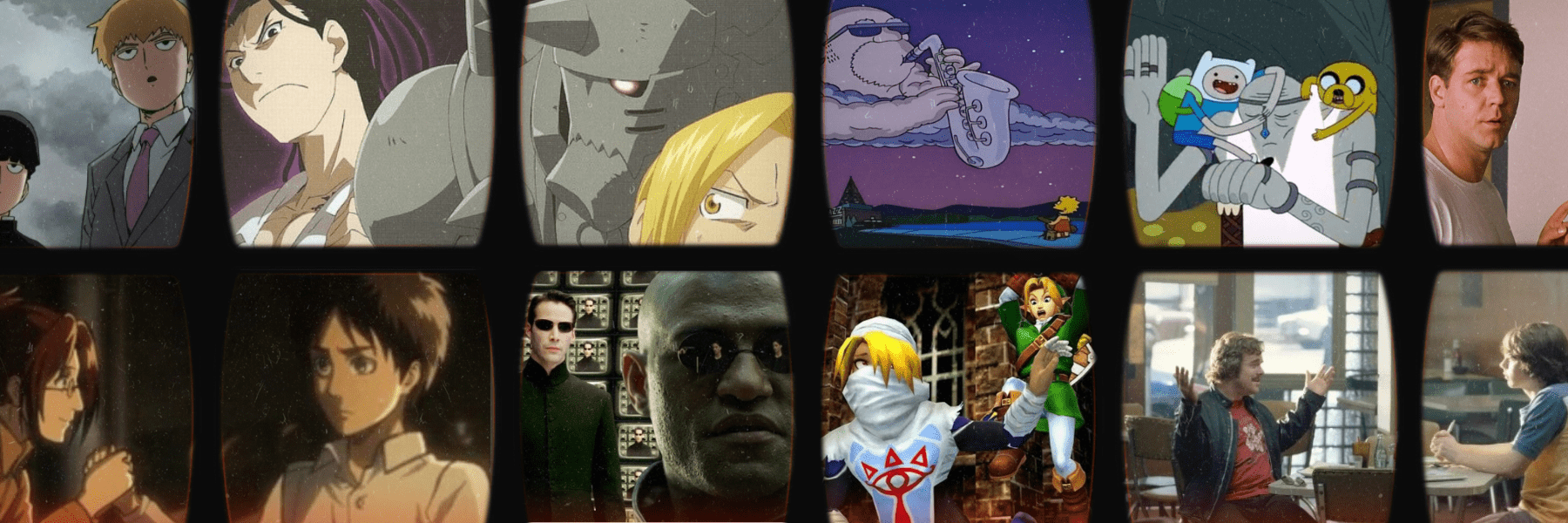
Last month, Pollinate Networks Inc. was honoured to host a deeply moving and thought-provoking conversation with Elder Cat Criger, who shared personal stories and teachings on mentorship, connection, and learning. Grounded in Indigenous knowledge and lived experience, Cat offered a powerful lens on how we can rethink mentorship in business and community through relationship, reciprocity, and curiosity.
From the moment the session began with a grounding smudge and reflection on entering the conversation “with our hearts”, Cat reminded us that true learning doesn’t happen through information alone. It’s rooted in connection.
Mentorship as Relationship, Not Transaction
One of the strongest threads through Cat’s stories was the central role of relationship. Mentorship, he shared, isn’t just about passing knowledge from one person to another. It’s about cultivating mutual respect, curiosity, and care over time.
He illustrated this beautifully with stories of being mentored by his father and later by Indigenous Elders. These experiences, both technical and traditional, taught him not only skills – like repairing helicopters or gathering plant medicines – but how to be in the world. In his words, “You receive a gift. How do you expand on that gift and add to it yourself?”
Learning is Experiential and Personal
Another theme that echoed throughout the conversation was that real learning is “bespoke and experiential”, that is, tailored to the individual and grounded in the real world. “Try teaching someone to tie their shoelaces with just words,” Cat joked. “You need to show them. That’s mentorship.”
This idea challenges conventional corporate models that rely on generic training and linear growth paths. Instead, Cat urged us to think about mentoring as a dynamic process rooted in curiosity, adaptability, and relationship. “If you’re interested in something,” he said, “you’ll stay up late, spend your money, do whatever it takes to learn.”
Technology Can’t Replace Human Connection
As the conversation turned to artificial intelligence, Cat acknowledged the usefulness of tools like AI – but cautioned against mistaking them for connection. “There’s an impersonal component that doesn’t quite appeal to me,” he said. “AI is a tool, but mentorship is a relationship.”
This is a growing tension in the workplace: the push for scalable, automated solutions versus the enduring need for human connection. At Pollinate, we stand with Cat in believing that mentorship must remain a deeply human act. While AI can support administrative efficiency, it can’t replicate the trust, nuance, and personal transformation that a true mentoring relationship provides.
Mentorship is Regenerative
Throughout the conversation, Cat wove in metaphors of growth, ecology, and reciprocity. Mentorship, like braiding sweetgrass, involves intertwining knowledge, spirit, and purpose. It is regenerative – sustaining not only the learner but also the mentor and the broader community.
His closing reflections were a reminder that mentorship isn’t just about learning a job – it’s about learning to live. It’s about recognizing the full human being in front of us, including ourselves. And it’s about the invitation to “build a relationship with someone in such a way that you want to keep learning.”



